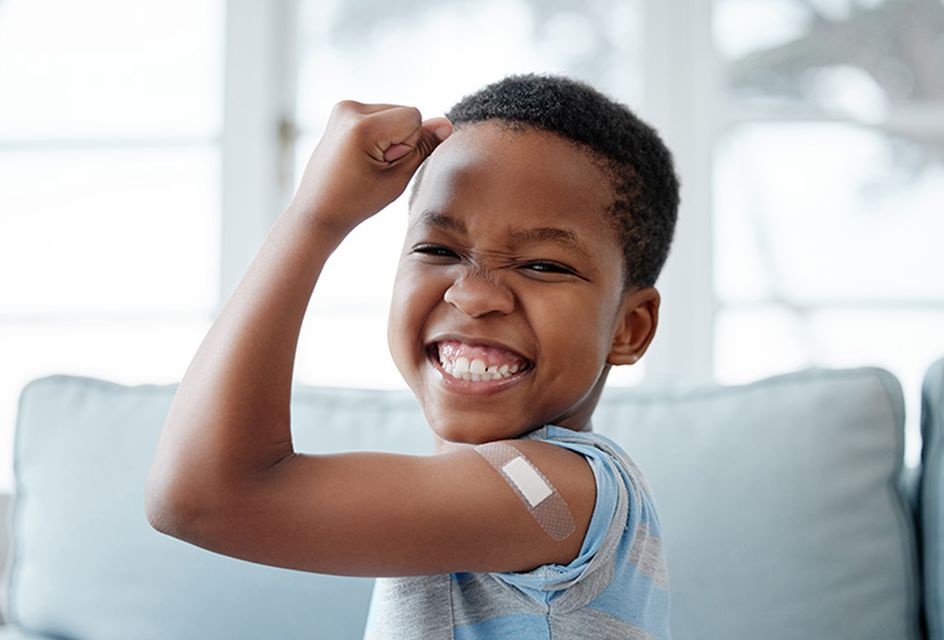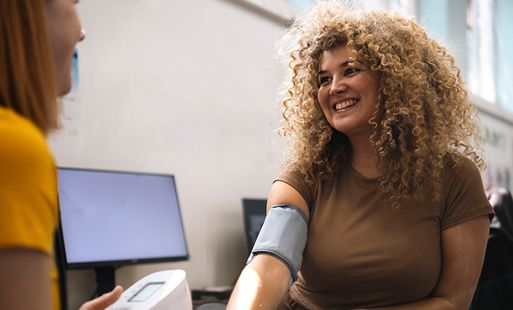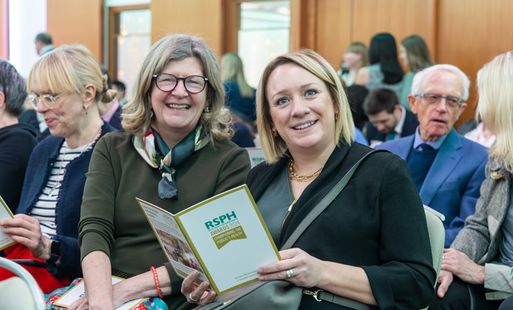Children and Young People’s attitudes towards vaccinations
Our first-of-its-kind report asked a nationally representative group of children and young people about their views on vaccinations.

Understanding attitudes and perceptions of vaccines is fundamental to increasing uptake.
This is because fears, concerns, such as side effects, and confidence in the importance of vaccines influence our perception of vaccinations. We know that most vaccinations in the UK are given to children and young people (CYP), but uptake falls below the recommended levels in all four nations.
To understand why, we carried out innovative research with CYP aged 11-16 years old from across the UK to understand their experiences, perceptions and attitudes towards vaccines. This is the first time that CYP have been asked about their views and had a chance to share their thoughts and knowledge, alongside their fears and concerns.
MSD UK has funded this project and has had no editorial input into the content.
Children and Young People’s attitudes towards vaccinations: at a glance
Key findings:
- 92% of CYP think vaccines are important to their health
- 82% trust vaccines
- Only 52% think there is a vaccine for HPV
- 71% would feel encouraged to have a vaccine if they were given information by someone they trusted
- 63% said they were worried about side effects
- Parents are the go-to person for information about vaccines for 87% of CYP
- 56% of CYP think the decision to have a vaccine should be made jointly with parents
Recommendations:
- Age-appropriate information about vaccines should be available to CYP.
- There must be a collective effort to increase awareness of which vaccines are available to CYP.
- Parents should be supported and have access to trustworthy information.
- Develop a tailored strategy to deliver information and vaccines to CYP with black, Asian or mixed ethnicity, and those living in areas where uptake is low.
- Fund schools appropriately so they can support families
- Support the public health workforce so they can help children and families
Key statistics
of children and young people understand what vaccines do and how they work
said they trust vaccines
know there is a vaccine for meningitis
What diseases are children and young people vaccinated against in the UK?
Vaccines offered in schools
RSPH research showed that Children and young people would feel encouraged to have a vaccine if it was offered in schools. Currently, vaccines against flu, HPV, meningitis, tetanus, diphtheria and polio are offered in schools. Some also have catch-up programmes for measles, mumps, rubella. Check with your local school for further information.
Vaccines offered at GP clinics
Children and young people trust their GPs to talk about vaccines. In case parents are unsure if vaccines are up-to-date, CYP missed a vaccine at school or if they are eligible for other vaccines due to underlying health conditions, they should speak to their GP clinic to ensure their children and young people are protected.






